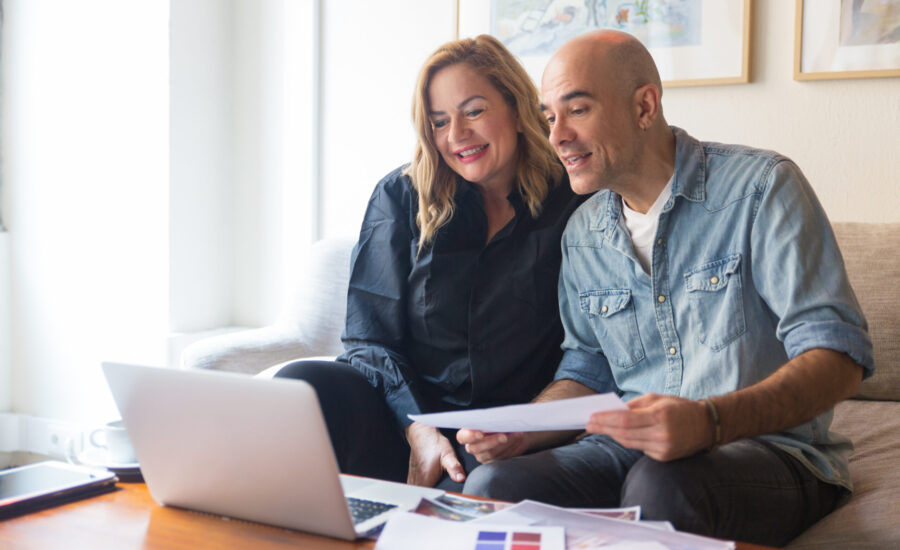Should you buy a condo to live in during retirement—before you retire?
Even beyond the uncertainty of real estate market valuations, there's a lot to consider.
Advertisement
Even beyond the uncertainty of real estate market valuations, there's a lot to consider.

Share this article Share on Facebook Share on Twitter Share on Linkedin Share on Reddit Share on Email
Cheaper to rent
What impact will the deficit have on taxes vis-a-vis home ownership? Not keen on retiring/dying in squalor because some new capital gains tax appropriates the money I need to pay for a half decent retirement and then nursing home. Not many of these top federal politicians have even met someone from the middle class. I don’t think they understand life for people without trust funds.
I am a non resident of Canada, presently working in Australia. Can i contribute to CPP for my future retirement